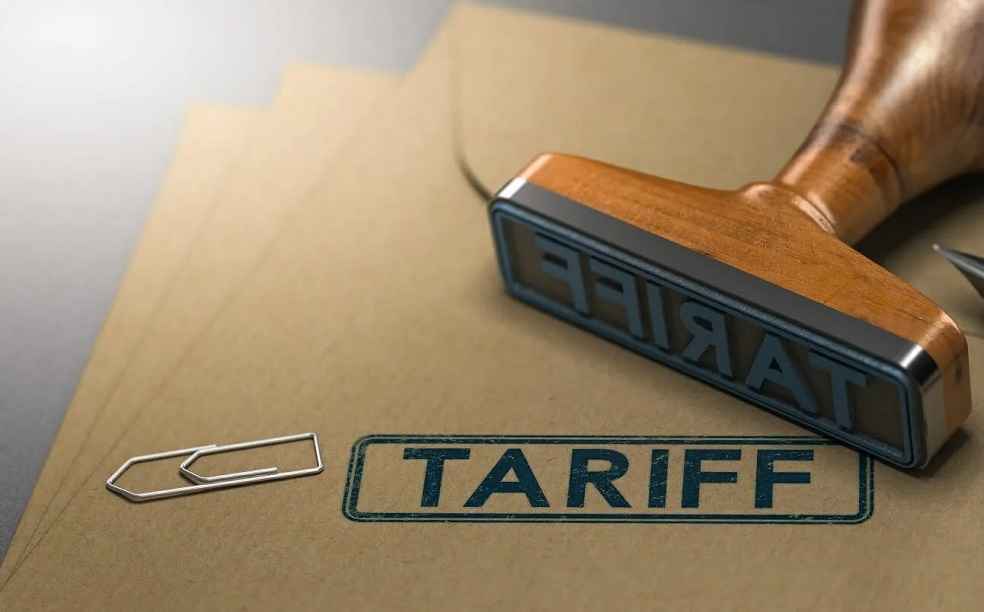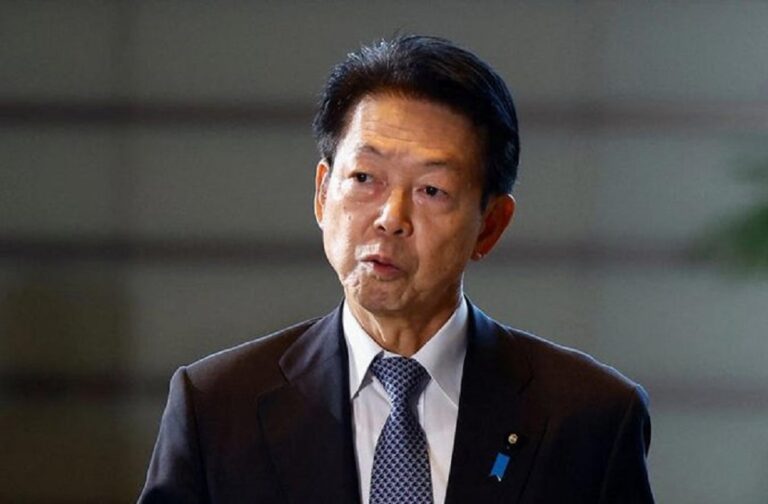Japan’s Trade Minister, Yoji Muto, revealed that Japan will not be exempt from 25% U.S. tariffs on exports. Japan will face a 25% tariff on steel, aluminum, and auto exports starting Wednesday. President Trump indicated that the U.S. might implement a 25% tariff on imported foreign automobiles in early April.
Japanese officials visiting Washington this week were unable to secure guarantees from the Trump administration that Japan would be exempt from extensive tariffs, some of which are set to take effect on Wednesday.
Muto stressed that Japan, a key contributor to the U.S. economy through investments and job creation, should not be subject to the 25% tariffs on steel, aluminum, and auto exports to the U.S.

Muto’s meetings with U.S. Commerce Secretary Howard Lutnick, U.S. Trade Representative Jamieson Greer, and White House economic advisor Kevin Hassett took place just two days before the steel and aluminum tariffs set to take effect. Muto stated that U.S. officials recognized Japan’s contributions and agreed to continue discussions but did not grant his request for an exemption from the steep import duties.
The auto tariffs are anticipated to have a significant impact on Japan’s economy. Automobiles, being Japan’s largest export, are primarily shipped to the United States.
Before Mr. Muto’s visit to the United States, Japanese Prime Minister Shigeru Ishiba met with President Trump in early February and sought to gain favor by pledging to increase Japanese investment in the United States.

Last week, Foreign and Trade Ministers from Japan and Britain met in Tokyo and committed to upholding fair and rules-based international trade. On Monday, Muto mentioned that both sides agreed to continue discussions to find ways to establish a ‘win-win’ relationship that would benefit the national interests of both countries.
The two sides also covered energy cooperation, including the joint development of liquefied natural gas reserves in Alaska, an agreement reached by Trump and Prime Minister Shigeru Ishiba.
IMEX SECTOR | Pakistan Halts Rice Fumigation to Boost Exports and Cut Costs



